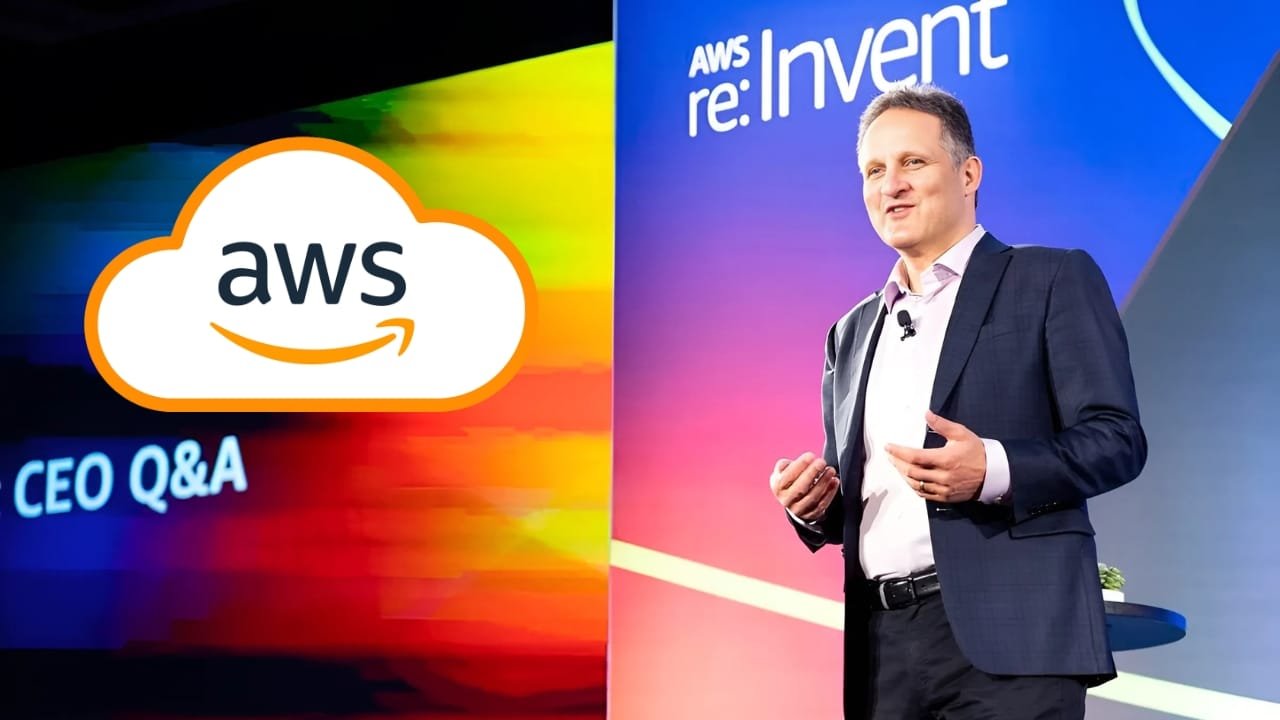Invent conference, AWS unveiled its new Automated Reasoning checks, a feature designed to validate the accuracy of responses generated by large language models (LLMs). Now shipping in preview as part of Amazon Bedrock Guardrails, this new service is designed to stop AI hallucinations, a type of issue that has led to questions of AI model trustworthiness in the enterprise.
What Are AI Hallucinations and Why Do They Matter?
This means that AI hallucinations take place whenever the artificial intelligence system gives information that is not factual or even misleadingly fabricated. Its consequence, in business, can be of extreme importance. The most crucial aspect would be proper data and appropriate decision-making. AI hallucinations erode the credibility of an AI model and can create errors or even miscommunicate fraudulent content.
Although training AI on high-quality, reliable data minimizes hallucinations, pre-training data flaws or the architecture of the AI often result in these errors being passed on. Hallucinations in AI are particularly worrisome for industries that call for a lot of accuracy, including healthcare, finance, and legal services. In an effort to mitigate this challenge, AWS developed the Automated Reasoning checks tool.
How AWS’s Automated Reasoning Checks Solve the Problem?
The new Automated Reasoning checks tool is a natural extension of AWS’s efforts in enhancing the reliability of AI. This service is focused on mathematically checking the information coming out from LLMs for factual correctness and adherence to organizational rules. By infusing these checks into Amazon Bedrock Guardrails, AWS has brought an added layer of protection that can assist enterprises in avoiding costly mistakes.
The tool uses mathematical, logic-based algorithms to verify the truthfulness of AI-generated content. This process ensures that any information provided by AI models, such as chatbots or virtual assistants, is both accurate and relevant. Unlike other methods like Google’s Grounding with Search feature, AWS’s solution focuses on the underlying logic of AI responses, ensuring that the data generated is not only factually correct but also logically consistent.
Also Read: China’s Urgent Efforts to Safeguard Potatoes From Climate Change and Rising Temperatures
Step-by-Step Process of Using AWS Automated Reasoning Checks
The Automated Reasoning checks within Amazon Bedrock are straightforward to implement but powerful. Here’s how users can use this tool to ensure that their AI models will produce accurate and reliable results:
1. Uploading Organizational Rules
In essence, the user needs to upload relevant documents that detail the rules, policies, or any other guidelines that his organization will oblige the AI to follow. This may include internal procedures or compliance requirements and industry standards. They are uploaded to the Amazon Bedrock console.
2. Automatic Creation of Reasoning Policy
Once the documents are uploaded, Amazon Bedrock’s system automatically analyzes the information and creates an initial Automated Reasoning policy. This policy converts the organizational guidelines into a mathematical format, making it easier for the AI model to understand and apply during the interactions.
3. Customizing the Automated Reasoning Policy
Users can refine the policy further by importing additional documents or changing some parameters. This way, they can customize a safety measure to their business’s specific needs. Users may also input sample questions and answers to enable the AI to learn typical interactions within an organization. Such customizations help the AI return responses as accurate and relevant as possible.
4. Deploying the AI Model
After setting up reasoning checks, the AI model is prepared for deployment. At this stage, the Automated Reasoning checks tool will be monitoring and verifying AI responses continuously. The moment the system detects any sort of error or inconsistency, the user will be alerted for the sake of providing proper information.
Preview Availability and Future Expansion
The Automated Reasoning checks tool is currently available as a preview in the US West (Oregon) AWS region, but the company has announced that this feature will be rolled out to more regions in the near future. This rollout will expand its availability across more parts of the world so that more enterprises worldwide can now benefit from better AI accuracy and less chance of hallucinations.
The Importance of AI Validation in Enterprise Applications
For businesses that rely on AI for customer support, content generation, decision-making, or any other purpose, accuracy in the responses generated by AI is critical. AWS’s new Automated Reasoning checks will provide a robust solution for addressing the potential risks of AI hallucinations. By ensuring the content of LLMs through mathematical logic, the product gives an organization the ability to trust that its AI will behave within the organisation’s parameters and return factual, actionable information.
It improves the reliability and builds trust in AI systems. Organizations that integrate automated reasoning into their AI models will be able to show how much they care about accuracy and integrity in their AI outputs. This will prove particularly valuable for industries that are subject to high regulatory or compliance requirements, where small errors can have big consequences.
Also Read: Lithium Mining’s Potential Environmental Impact on Water Quality: Key Findings from Recent Study
Conclusion
It marks a step forward in improving the reliability of AI systems that AWS made with the launch of Automated Reasoning checks tool. Tackling AI hallucinations head-on, it gives businesses the most powerful tool to ensure that the AI model they are developing is correct and trustworthy. With its easily accessible interface and mathematical verification of processes, Automated Reasoning checks is a valuable precaution for enterprises interested in pursuing AI while ensuring high degrees of accuracy and quality are maintained.
As AI continues on its trajectory, tools like Automated Reasoning checks will ensure that risks are mitigated and help businesses adopt AI technologies confident that quality and reliability are not traded off.

